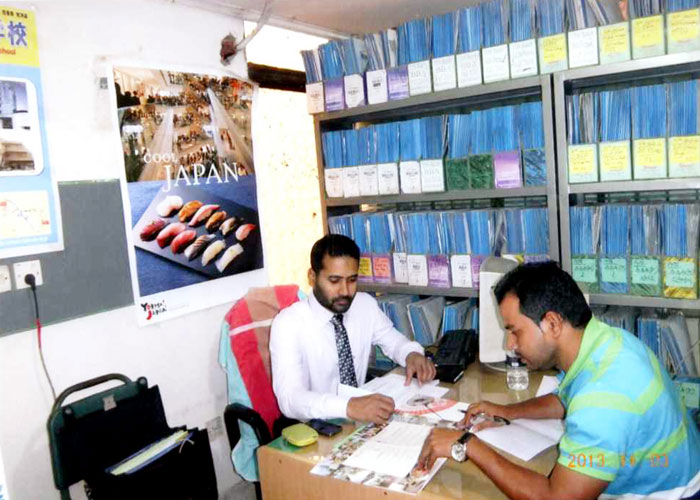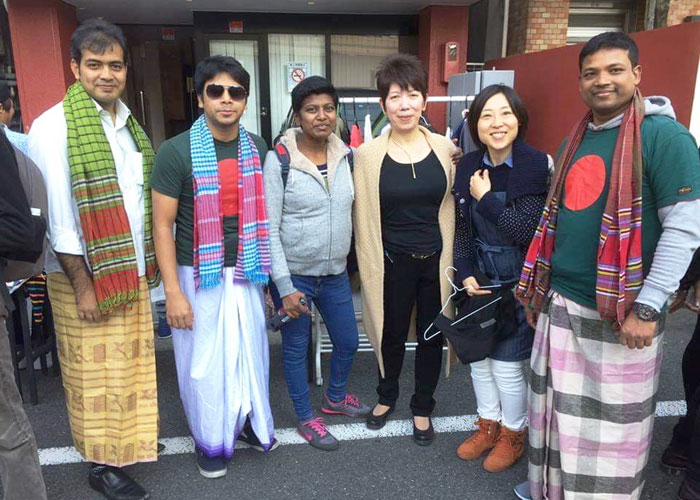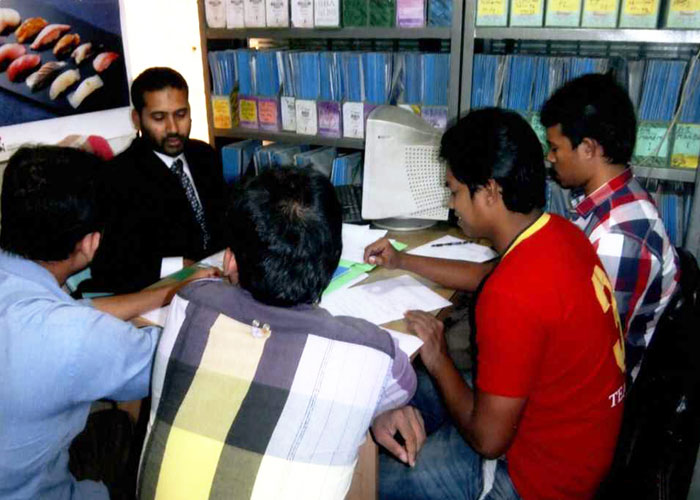Amano Co. Ltd

Amano Company Ltd. is a Japanese company that specializes in some form of business (the specific industry is not mentioned) with the following characteristics:
- Establishment: Founded in December 2016.
- Official Operation Start: Began operations in 2018.
- Scale: Currently operating on a small scale, but with the potential and opportunity to expand to a large scale.
- Financial Standing:
- Paid-up Capital: 500,000,000 Yen.
- Last Year's Turnover: 245,074,316 Yen.
- Banking Relations: Maintains regular transactions with major financial institutions in Japan:
- Mitsubishi UFJ Bank
- Kiraboshi Bank
- Japan Post Bank
- Long-term experience working with manpower.
- Tie up with various renowned Japanese companies.
- Tie up with various government bodies of Bangladesh that are working with manpower.
- Own Japanese language school in Bangladesh.
- Experienced working staff, including Bangladeshi and Japanese.
- Owns a Head office located in Tokyo and a site office located in Ibaraki.
- Diversified company working with manpower, student consultancy, and trading.
The Bangladesh government is facilitating us to groom Bangladeshi manpower for Japan and To support the requirement of SSW, we are working together with govt various bodies.
We have a very good understanding with various govt bodies who are working with manpower migration.
We have a good understanding & collaboration with various renowned IT educational institutions Institute in Bangladesh.
We are working together with BRTC for driver and Agricultural Training Institute Gazipur for Agricultural workers.
We have introduced our own Japanese language school in Bangladesh, where we have an appointed teacher from Japan.
We have been working together with renowned Japanese companies like AI-Concern for a long time. We have provided “International Service” category manpower to them. Received work order to supply for a skilled truck driver based on SSW.
We have worked together with Softbank Robotics as their manpower outsourcing for their GSCM (Global Supply Chain MGT) department through Japanese, Filipino, German & Bangladeshi skilled manpower.
We are providing skilled Bangladeshi IT Engineers & International service professionals to Japanese companies on a regular basis.
We are providing Bangladeshi students to Japanese language schools and universities on a regular basis.
We are expecting to explore the job market of IT professionals, Engineers, andAll SSW support professionals.
We would like to work with those companies that will give us the opportunity to Develop professionals in Bangladesh through an MOU.
We would like to work interested company through a joint venture in Bangladesh as well as Japan.
We will provide the required skilled manpower with the help of Bangladesh The government is using a government facility.





